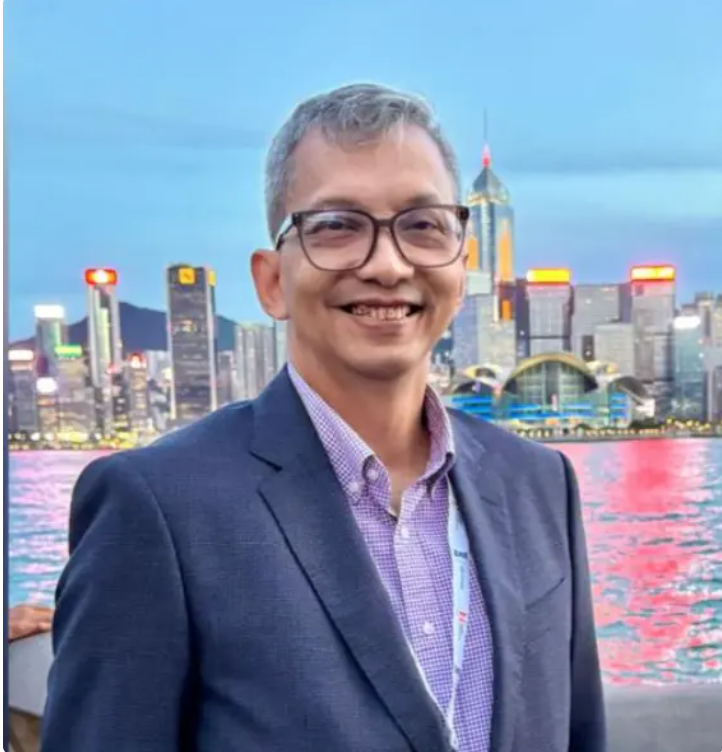
Teguh Anantawikrama. Photo: personal archive.
By Teguh Anantawikrama
Vice Chairman of the Indonesian Chamber of Commerce & Industry,
Founder & Chairman of the Indonesian Tourism Investor Club
UKMDANBURSA.COM – In an era defined by complexity and disruption, President Prabowo Subianto is making bold moves to recalibrate the nation’s governance and international posture. His administration is taking decisive steps to break down long-standing silos—both within our domestic bureaucracy and across international partnerships.
The aim is clear: to position Indonesia not only as a more agile state internally, but also as a leading actor in a changing global order.
Digital Transformation as a Bureaucratic Game-Changer
The appointment of the Minister for State Apparatus and Bureaucratic Reform (MenPAN-RB) as the PMO Transformasi Digital is more than a structural adjustment—it’s a declaration of intent. For decades, Indonesia has suffered from bureaucratic fragmentation, redundancy, and inefficiency that have impeded investment, slowed innovation, and limited the reach of public services.
This new PMO role consolidates digital governance under a results-oriented mandate. The vision is to ensure interoperability between ministries, eliminate legacy systems that encourage turf wars, and create seamless digital public services that empower citizens and investors alike. This is the foundation for one-data policy integration, smart licensing, and AI-assisted decision-making in public service delivery.
President Prabowo is not merely reforming bureaucracy—he is reinventing it.
From Passive Alignment to Strategic Realignment
On the international front, President Prabowo is unshackling Indonesia from inherited silos of post-colonial diplomacy and moving toward multi-alignment and strategic independence. Indonesia’s growing engagement with BRICS (Brazil, Russia, India, China and South Africa), its active role in ASEAN+, and its rebalancing act between Western, Eastern, and Southern partners show a deliberate pivot to a geo-economically agile foreign policy.
Rather than being confined to the rigid blocs of the past, Indonesia is embracing a “multi-vector diplomacy” that allows us to be friends with all and reliant on none. This puts us in a rare category of middle powers with agency—especially in food security, green supply chains, and energy transition.

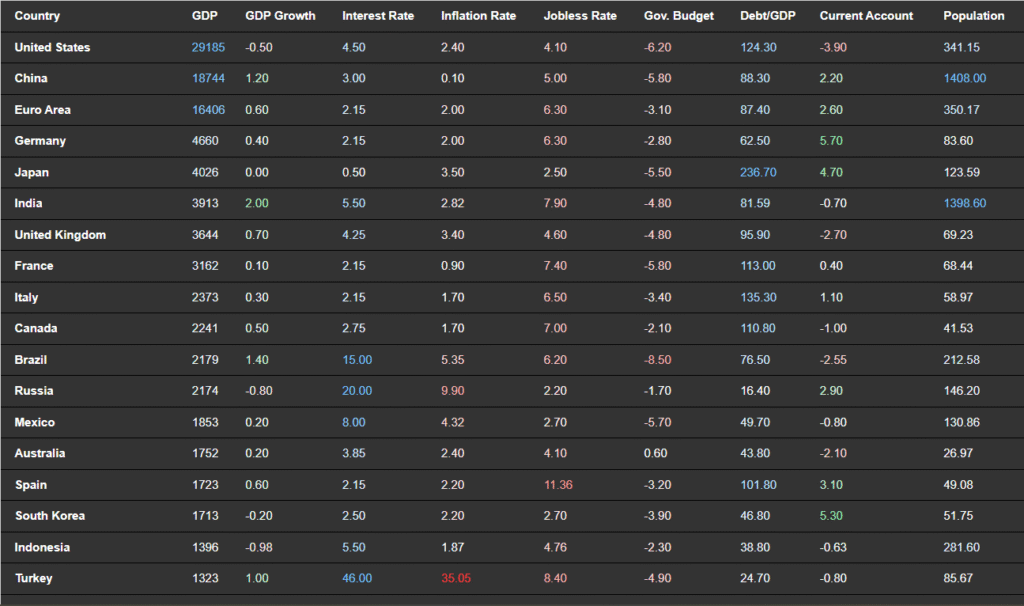
Our archipelagic geography, youthful population, and expanding digital infrastructure make us a natural hub—not just between the Indian and Pacific oceans—but between the aspirations of the Global South and the standards of the Global North.
From Fragmentation to Consolidation: The Business Case
As someone working closely with MSMEs, tourism investors, and digital transformation initiatives, I see firsthand how breaking silos leads to value consolidation. In tourism, for example, a lack of inter-ministerial synchronization has often discouraged long-term investors. Now, the new approach enables bundled incentives, integrated licensing, and tourism-special economic zones tied to green infrastructure and community impact.
Indonesia’s new digital governance model must serve as a platform for all sectors—whether MSMEs going green, tourism developers planning exits and divestments, or tech startups scaling across provinces. Silo-breaking creates scale. Scale attracts capital. Capital drives transformation.
Toward a Post-Silo Indonesia
President Prabowo’s leadership style is pragmatic, strategic, and deeply committed to outcomes. He is not interested in maintaining old fiefdoms. His appointments, policies, and international maneuvers point to one goal: a Post-Silo Indonesia—one that is digitally streamlined, geopolitically relevant, and economically inclusive.
This is not just administrative housekeeping. It is a national awakening. ***

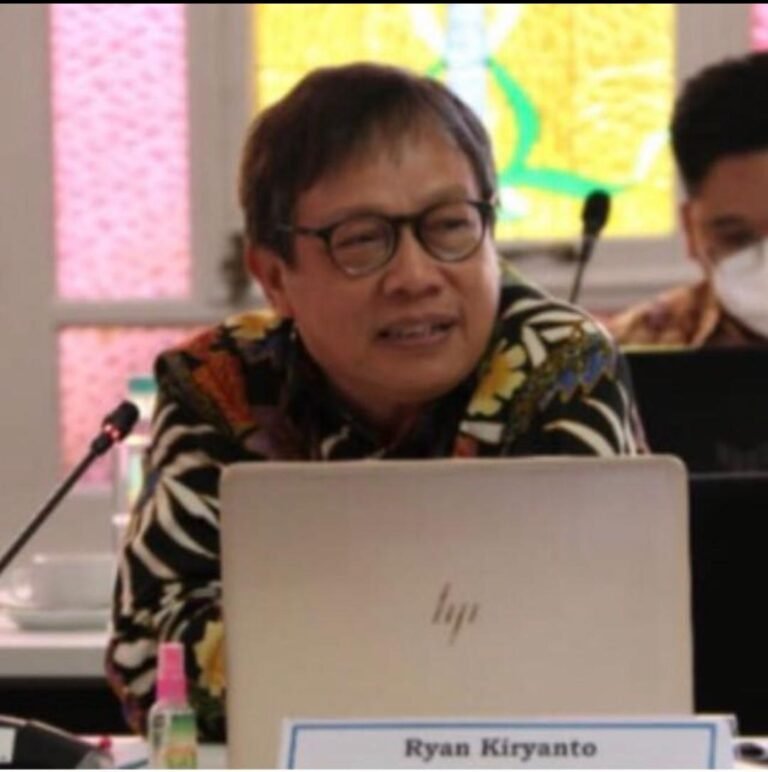
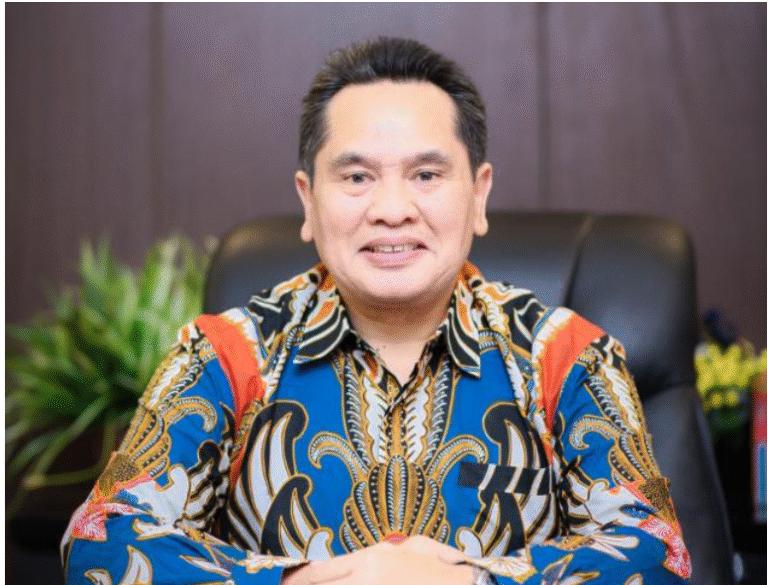
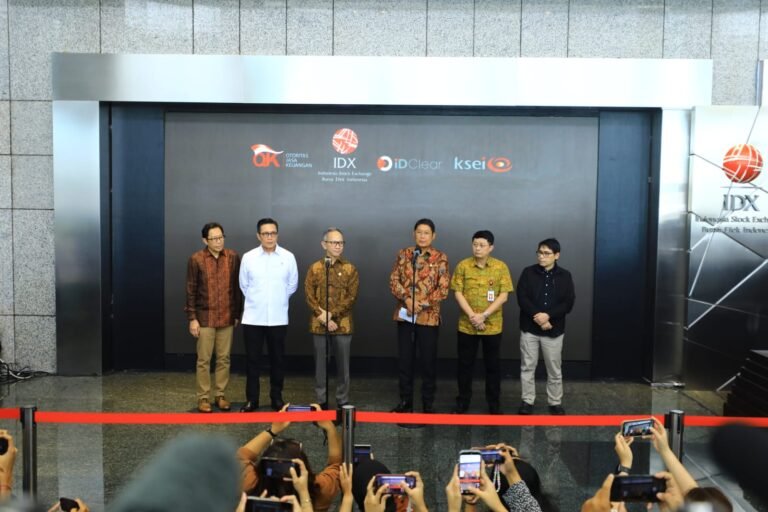
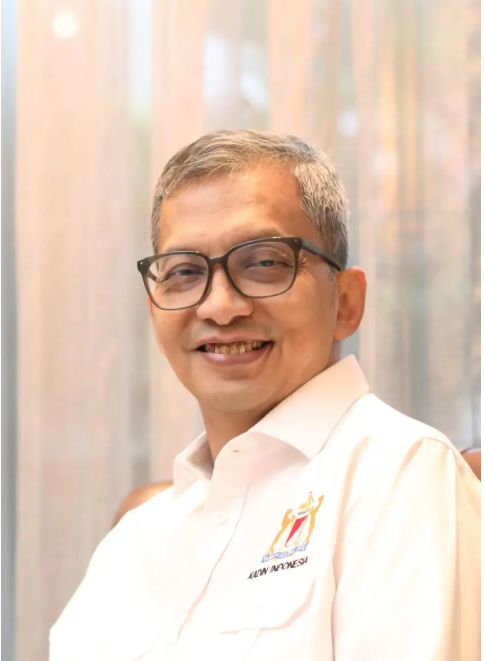
1 thought on “Breaking Down Silos: President Prabowo’s Vision for a Digital and Resilient Indonesia”